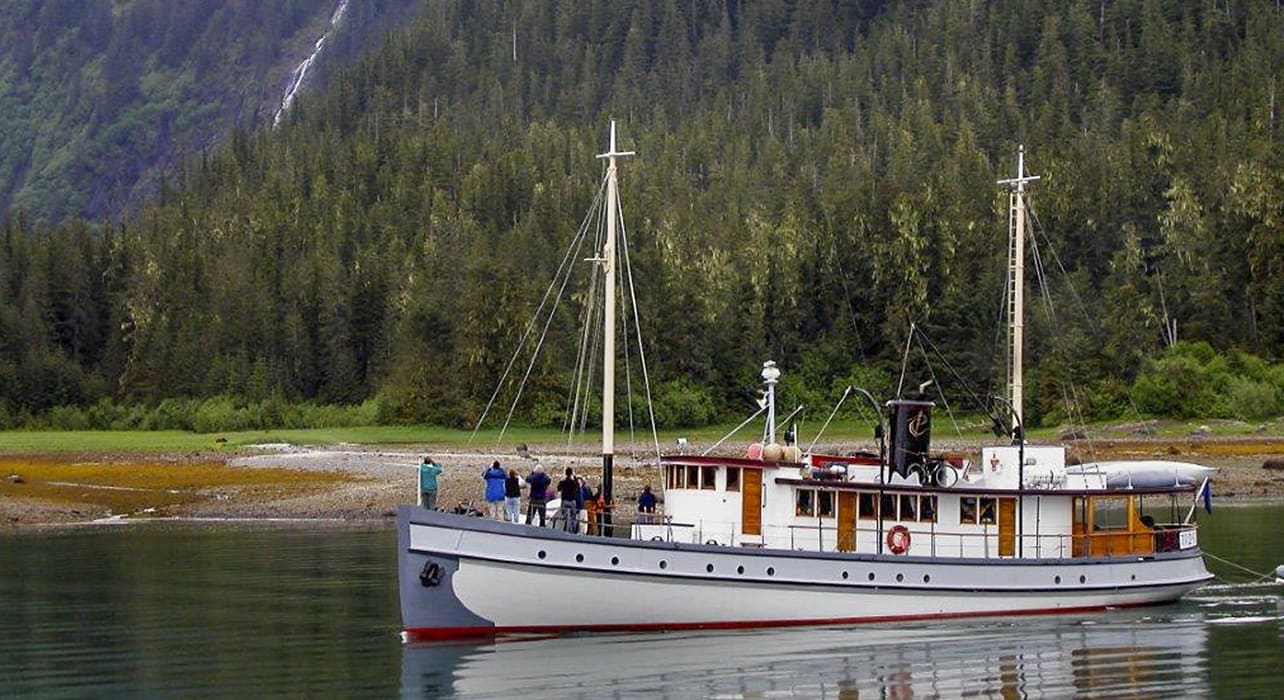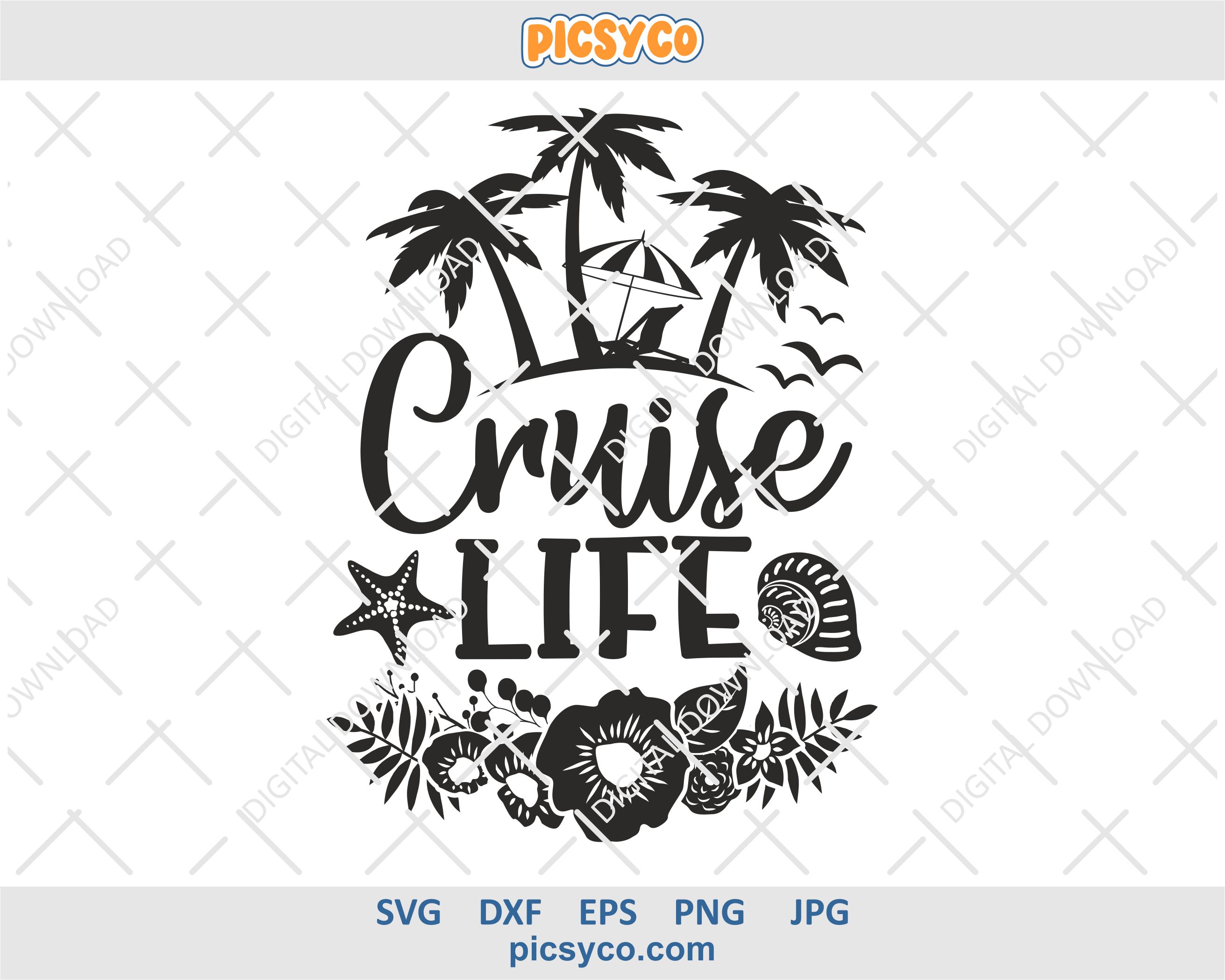
There are many kinds of cruises. These include river cruises and expedition cruise liners. Let's take an in-depth look at the differences between different types of cruises. These cruises differ in the destination they visit.
Exclusive cruise lines
The speciality cruises offer a unique experience and are ideal for those looking for something different. These smaller ships offer more intimate accommodation and a wide range of itineraries. They also have experts who can educate you on topics that you might not be aware of.
Famous chefs are often featured on specialty cruises. They train the staff and create special menus. Royal Caribbean's Jamie's Italian Restaurant offers a prix fixe menu that features dishes by Jamie Oliver, a world-famous chef. It includes White Oak Pastures beef slender rib and San Daniel prosciutto. Coppa piccante, a Chicago-based salumeria's signature dish, is another highlight.

Many specialty cruises visit remote locations that are otherwise not accessible to normal cruisers. Due to this reason, cruises on specialty lines can cost significantly more than those on mainstream cruise lines. There are some ships that offer back-toback cruises from different ports. So you can take a cruise from Istanbul to Rome or Barcelona. Back-to-back cruises also vary in price. There are a few companies that charge additional prices for back-to-back trips, while others offer them as a single journey.
Expedition cruise ships
There are several types of expedition cruise ships. Some are dedicated to exploring Antarctica and other polar regions, while others focus on the world's oceans. These vessels adhere to stringent environmental regulations and aim towards conserving these natural areas. The next generation, currently in development, promises to make these vessels more eco-friendly than ever. It will incorporate numerous technological innovations, cool design features, and even an underwater viewing lounge.
Although many cruise lines have spacious interiors, and other amenities, expedition liners were designed for active travelers. These vessels are smaller, usually carrying fewer than 200 people. As a result, they can respond to changes in weather conditions and wildlife opportunities, and there is more time for excursions. The ship can be changed if necessary, as there is no set itinerary.
River cruises
River cruises offer many advantages. River cruises offer greater flexibility and are less crowded than ocean cruises. The guests have more time to explore their cities and towns. Because of the smaller groups, guests have more opportunity to meet one another. River cruises are a great way of seeing many different places at once.

All-inclusive cruises are common on river cruises. These packages could include pre- or post-cruise lodging, group excursions, and prepaid gratuities. Meals are either served onboard, or at one the many restaurants along the banks of the river. Locally sourced, meals are often fresh. While onboard, guests enjoy local entertainment and informative walking tours.
River cruises often make stops in major cities. Paris and Budapest are two great options. River cruises often include guided tours so that passengers can learn about the culture, art, and history of the areas they visit. Many river cruises offer passengers the opportunity to explore on their own. River cruises may also offer optional shore excursions. There are many things to do on your river cruise, whether you're looking to shop or dine.
FAQ
What does cruising look like?
The deposit, usually $50-$100, is required when you book a cruise. Your balance is due 30 days before departure. When you arrive at the port, you check into your cabin. You may also take part onboard activities.
How long does it take from port to port?
The distance between the port (and the ship) and the speed at the which the ship travels determine how long it takes for the port to reach. Important to remember that some ships dock very close by shore, so they can unload their passengers as quickly as possible. Other ships dock further away from land, so it takes longer for the ship to arrive.
What is a cruise ship vacation like?
A cruise ship vacation can be described as an all-inclusive experience that provides all the amenities you need. You have access to everything, from entertainment, restaurants, spas, activities, and excursions. You can enjoy your stay and also relax. The only thing that you need to bring with you is your sense of adventure!
What does a cruise vacation look like?
A cruise vacation costs $1,000 per head plus taxes. The average price of a cruise vacation for four adults is $4,000. This includes meals, beverages, entertainment, activities and gratuities as well as all meals.
Are cruises a formal affair?
No, you don't need to wear formal attire or anything fancy. Just be comfortable and ready to relax.
What do you get on your cruise?
Fun is the most important thing. It doesn't matter if you have a lot of fun, but it is important to enjoy your time.
You will find many activities for everyone. Even if you're feeling bored, you can always find someone to talk with.
Cruising is all about relaxing and enjoying yourself. It's not all about seeing as much as you can.
There are many options for cruises, from short journeys in Europe to long trips across the Pacific. The duration of the trip is determined by what you wish to accomplish during your vacation.
How do I pick the best cruise line?
It's simple to choose the right line of cruise. First, choose the type of cruise that you wish to take. You may want to take a small, intimate cruise with only a few people or if you prefer a larger cruise with lots of passengers. Consider how much you can afford. You might be interested in cruises that include all-inclusive options if you are looking for something cheaper. These packages will save you the hassle of paying for extra food, drinks, entertainment, and so on. Make sure you have good family programs in place if your family is planning a cruise.
Statistics
- *20% Gratuities Apply on Free Unlimited Open Bar; Free Specialty Dining. (ncl.com)
- For an example of savings, Royal Caribbean offers up to a 40% discount with a dining package. (travel.usnews.com)
- You'll need to budget around $80 per person per day for this option – and an additional 18% gratuity. (travel.usnews.com)
- You can save 15% off the total price if you book in advance of your trip. (travel.usnews.com)
External Links
How To
How do I plan my first Cruise?
Like any other trip, planning a cruise requires you to think about many factors, including where to go, what activities, how much to budget, and what to do with your money. If you're new at cruising, there are key differences in planning your first cruise. You won't want anything to miss because cruises are typically longer than land vacations (upto 3 weeks). These tips will help you make your cruise even more enjoyable.
-
Book at least six months prior to departure. You can save money and avoid crowds by booking early. You'll also have ample time to research the ship, its itinerary, ports, and other activities. You might even find an airfare deal!
-
Choose a destination. - It doesn’t matter what port you choose. Just pick the one that interests you. Many reasons people enjoy cruising to different places. Some love to travel while others prefer to relax and unwind on the boat. No matter what boat you are on, it is important to remember the type of destination that you wish to visit. An island in the Caribbean is a popular choice, closely followed by Europe and Alaska.
-
Book a Suite - If money is not an issue, consider booking a suite. Suites have more space, a private balcony and other amenities. They are usually available from $100-$300 per night, depending on the size of your room and the availability of suites during your sailing date.
-
Make sure to check the weather forecast. Cruising often is associated with tropical climates. However, don't forget to check the weather forecasts for the days you'll be visiting the ports. It is possible for the sea to be unpredictable, especially in Antarctica. Before you book your cruise, it is a good idea to check how severe the weather may be.
-
Keep it light when packing for a cruise. You should only bring 10 items. It's not necessary to pack too many clothes or shoes into your suitcase. Pack everything in small bags that you can carry on. Layer clothing, as you won't be able wash it at all on board.
-
Do your research. Before you buy tickets, make sure to read online reviews. Be sure to review their policies regarding pricing, the services they provide, as well and whether cancellation policies make sense.
-
These must-see places are worth a visit. Each one has its own culture and charm, so be sure to visit every local site.